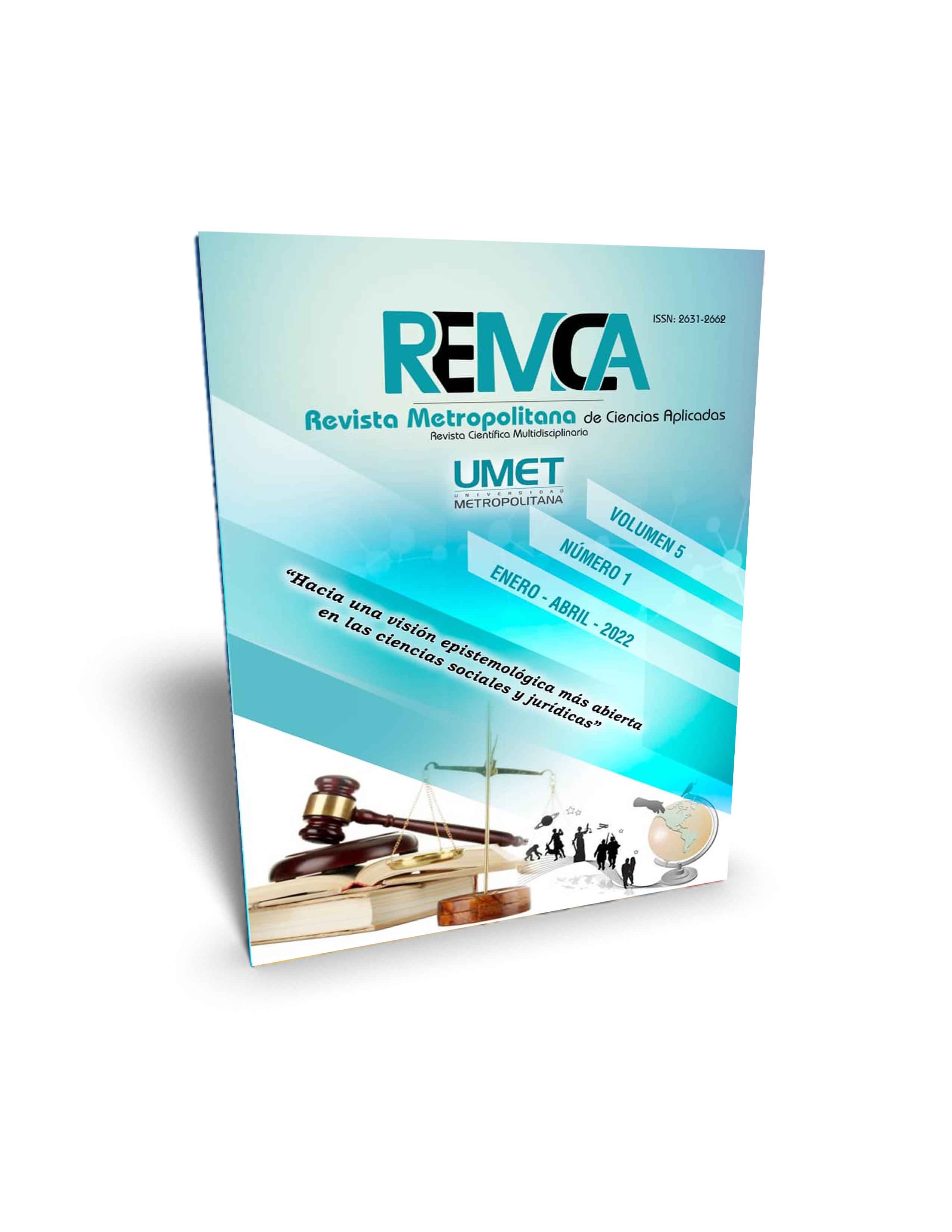Labor discrimination by gender in Ecuador
DOI:
https://doi.org/10.62452/vak4a177Keywords:
Discrimination, gender, workplace, inequality, labor rightsAbstract
Labor discrimination is a reality that is constantly experienced, despite the fact that, in Ecuador, as in different parts of Latin America, there are various reforms in the labor field, formulated with the purpose of guaranteeing the right to work and providing job stability to the worker. On the other hand, Ecuador is also concerned about effective equality between men and women and, in fact, it is a subject in constant debate since, through instruments of international law, as well as in the internal legal systems of each country, Means are established to face and combat any manifestation of discrimination based on gender. In other words, it is about promoting effective equality between men and women specifically within the work environment, in this way, both men and women will be able to enjoy the same job opportunities without any discrimination. Thus, this work proposes, as a general objective, to analyze the causes that determine labor discrimination due to gender in the Ecuadorian labor environment, which will be achieved through a qualitative methodological approach and with the use of methods such as the logical history, the analytical synthetic and inductive and deductive.
Downloads
References
Albuja, W. (2018), Análisis de la discriminación laboral hacia las mujeres en Ecuador 2007-2016. Revista Científica Convergencia, 25(78).
Carmona, K., & Véliz, H. (2005). Discriminación laboral. Universidad de Chile.
Ecuador. Asamblea Nacional Constituyente. (2008). Constitución de la República del Ecuador. Registro Oficial 449. https://www.ambiente.gob.ec/wp-content/uploads/downloads/2018/09/Constitucion-de-la-Republica-del-Ecuador.pdf
Ecuador. Asamblea Nacional. (2005). Código del Trabajo.Registro Oficial 167. https://vlex.ec/vid/codigo-trabajo-631473899
Ecuador. Asamblea Nacional. (2018). Ley Órganica Integral para Prevenir y Erradicar la Violencia contra las Mujeres. Registro Oficial Suplemento 175. https://www.igualdad.gob.ec/wpcontent/uploads/downloads/2018/05/ley_prevenir_y_erradicar_violencia_mujeres.pdf
Fanelli, A. (1989). Patrones de desigualdad social en la ciudad moderna: una revisión sobre la discriminación ocupacional y salaria. Desarrollo Económico, 29(114). Guevara, A. (2012). Los Dictámenes Consultivos de la Corte Interamericana de Derechos Humanos. https://app.vlex.com/#search/jurisdiction:EC,EA/Corte+Interamericana+de+Derechos+Humanos+principio+de+igualdad/WW/vid/393208094
Downloads
Published
Issue
Section
License
Copyright (c) 2022 Ana Cristina Pachano Zurita, María Victoria Molina Torres (Autor/a)

This work is licensed under a Creative Commons Attribution-NonCommercial-ShareAlike 4.0 International License.
Authors who publish in Revista Metropolitana de Ciencias Aplicadas (REMCA), agree to the following terms:
1. Copyright
Authors retain unrestricted copyright to their work. Authors grant the journal the right of first publication. To this end, they assign the journal non-exclusive exploitation rights (reproduction, distribution, public communication, and transformation). Authors may enter into additional agreements for the non-exclusive distribution of the version of the work published in the journal, provided that acknowledgment of its initial publication in this journal is given.
© The authors.
2. License
The articles are published in the journal under the Creative Commons Attribution-NonCommercial-ShareAlike 4.0 International License (CC BY-NC-SA 4.0). The terms can be found at: https://creativecommons.org/licenses/by-nc-sa/4.0/deed.en
This license allows:
- Sharing: Copying and redistributing the material in any medium or format.
- Adapting: Remixing, transforming, and building upon the material.
Under the following terms:
- Attribution: You must give appropriate credit, provide a link to the license, and indicate if any changes were made. You may do this in any reasonable manner, but not in any way that suggests the licensor endorses or sponsors your use.
- NonCommercial: You may not use the material for commercial purposes.
- ShareAlike: If you remix, transform, or build upon the material, you must distribute your creation under the same license as the original work.
There are no additional restrictions. You may not apply legal terms or technological measures that legally restrict others from doing anything the license permits.




